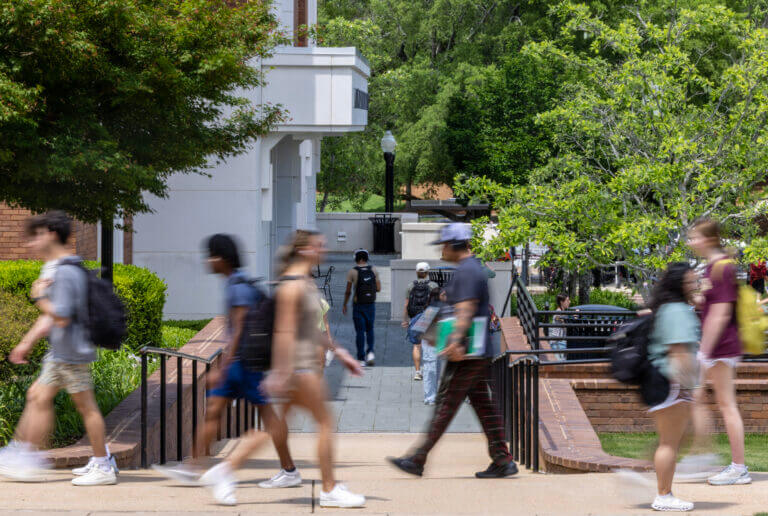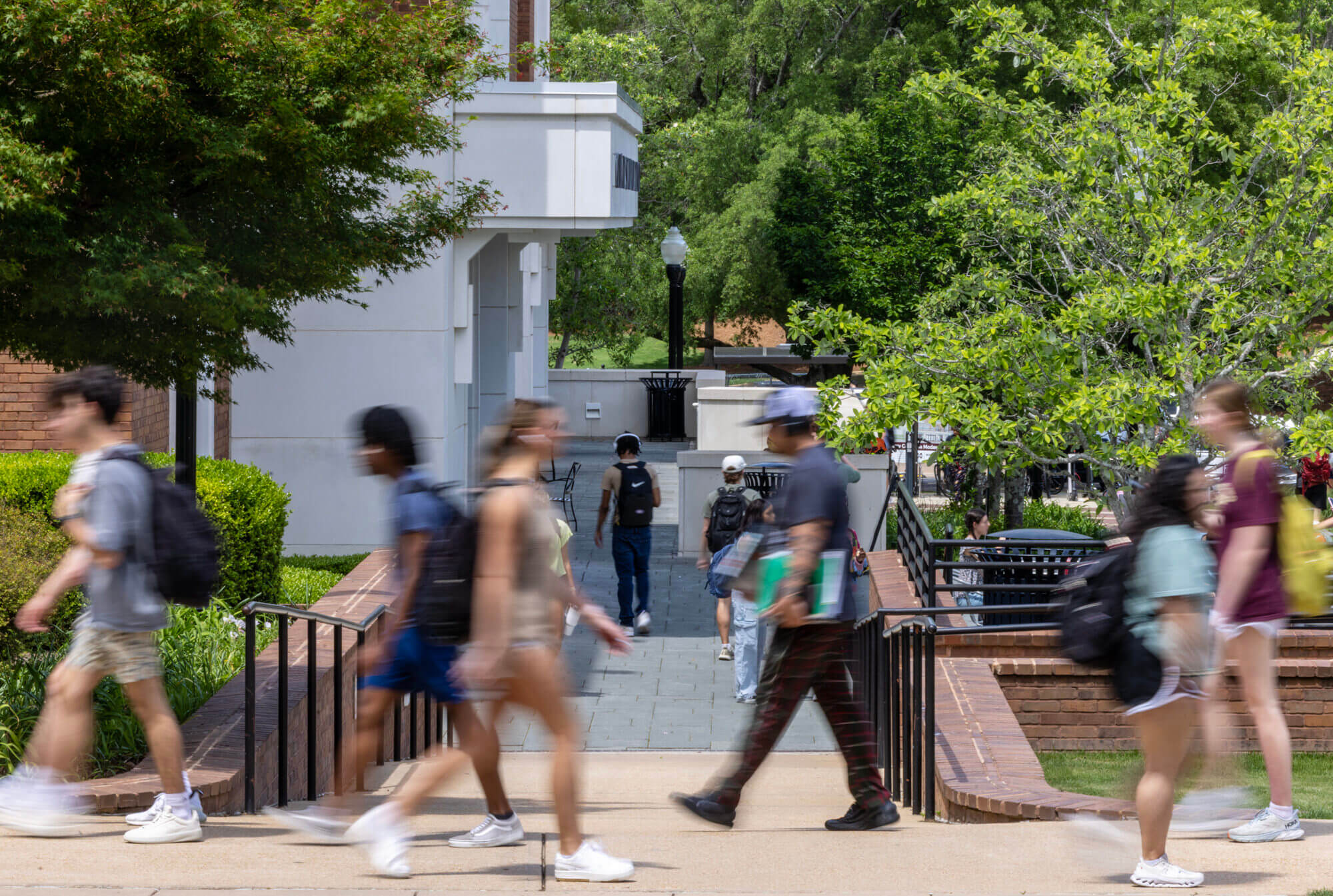

Some Mississippi universities have stopped giving money to student organizations for club activities due to uncertainty over a state law — on hold by a federal judge — that bans diversity, equity and inclusion programs in public schools.
It’s one of the first widespread, tangible consequences of a law that attorneys say will have sweeping ramifications across the state’s education system.
A federal judge has blocked House Bill 1193 for the foreseeable future because he believes it may violate the First Amendment rights of students and teachers. The law will remain blocked until he issues a final ruling after a bench trial, something that will take months to complete.
The law — which prohibits any programming and curriculum related to diversity, equity and inclusion — includes an exemption for registered student organizations. However, it does not exempt money collected from student activity fees from the prohibition.
The Institutions of Higher Learning, the board that governs the state’s public universities, said that student activity fees, despite being paid by students through their tuition, are considered state money.
According to respective student newspapers, Mississippi State students pay a flat $25 student activity fee, while University of Mississippi students contribute $2 for every credit hour in which they’re enrolled each semester.
“Universities are following state and federal law, including the First Amendment’s requirement that student activity fees be used in a viewpoint and content neutral manner,” John Sewell, director of communications for IHL, said in an emailed statement to Mississippi Today.
The First Amendment to the Constitution protects freedom of religion, speech, the press, peaceful assembly and petitioning the government.
University of Mississippi leadership announced the decision to stop distributing funds to campus organizations in an email sent on Aug. 29 from Provost Noel Wilkin, in the name of “predictability,” no matter the outcome of the lawsuit.
Instead of disbursing “Student Activity Fee” money to campus groups, departments such as the Office of Student Affairs and the Department of Campus Recreation will organize activities using those funds. Previously, there was a uniform process for student groups to apply for the funding. That process has been suspended.
“The University is committed to providing a robust slate of student activities this school year with the use of the student activity fees that you pay, and those student activity fees will only be used to support and host student programming,” Wilkin wrote. “In our view, the student activity fee is your money that the university holds in trust for you to be used only for programing for students.”
Associated Student Body president Jack Jones expressed his disappointment in a statement shared to social media. He said the decision would have “serious implications” for campus organizations because they rely almost exclusively on the funds.
“The [Student Activity Fee] was created by students, is managed by students, and is allocated to students — all to support activities for students,” he wrote. “Over the coming weeks, I will be meeting with student leaders from other Mississippi institutions as we work to ensure the SAF process is returned to the hands of students — where it belongs.”
Senior Calvin Wood, who serves in leadership roles for several University of Mississippi organizations, said the decision will devastate campus organizations.
“It’s kind of the lifeblood of our student activities system,” he said. “A lot of us are pretty upset about this.”
Wood is afraid that without the funding, the University of Mississippi College Democrats will have a hard time putting on programming and getting people to attend events.
“Last year, we had a catered Black History Month panel,” he said, as vice president of the organization. “A lot more people showed up because there was food. Now, things like that will be limited — food, guest speakers, swag. We’ll have basically no budget this year.”
Mississippi State University students were notified about a similar decision regarding their student organization funding last week.
The Reflector, the campus newspaper, reported that the university’s Student Association told campus groups on Aug. 27 that it could no longer distribute funds due to the state law. That money will not be touched, student leadership said.
In the meantime, student leaders are seeking solutions to finance campus organizations, such as contacting local businesses for fundraising nights and helping campus organizations set up budgets and bank accounts.
The Student Association allocated nearly $47,000 among 87 student organizations last semester.
Attorneys argued in hearings over the summer that the law was already creating a “chilling effect” across the state’s public schools and institutions. In April, the University of Mississippi pulled its support for the annual Oxford Pride Parade, citing prohibitions in the new state law.
Mississippi Today reporter Taylor Vance contributed to this article.
- Gov. Fordice, from different era, was judged much more harshly than President Trump - March 1, 2026
- ‘We can only go up from here’: Hope and apathy in Wilkinson County schools - February 28, 2026
- Community discussion grows around 24-hour child care in Hattiesburg - February 28, 2026